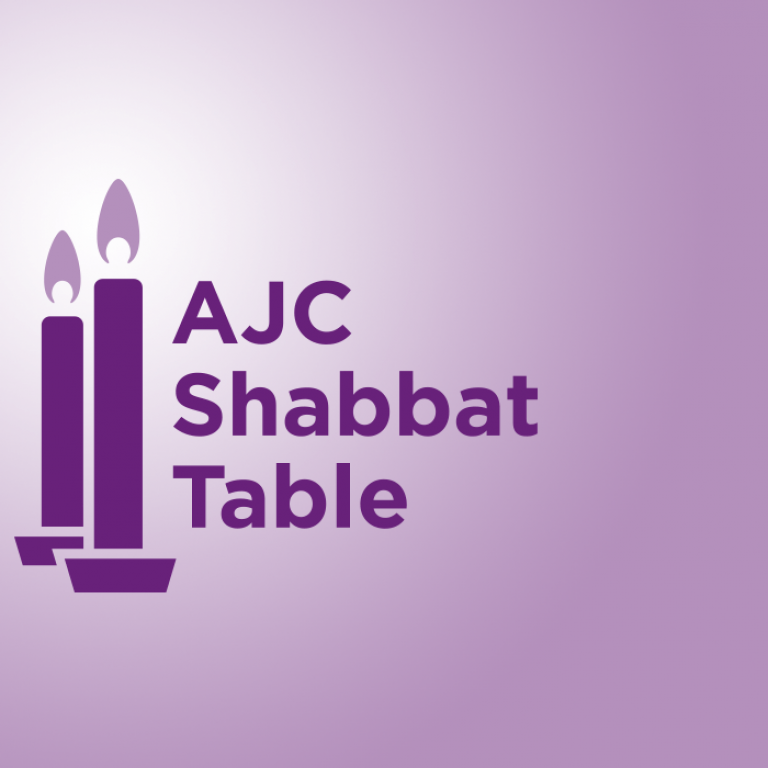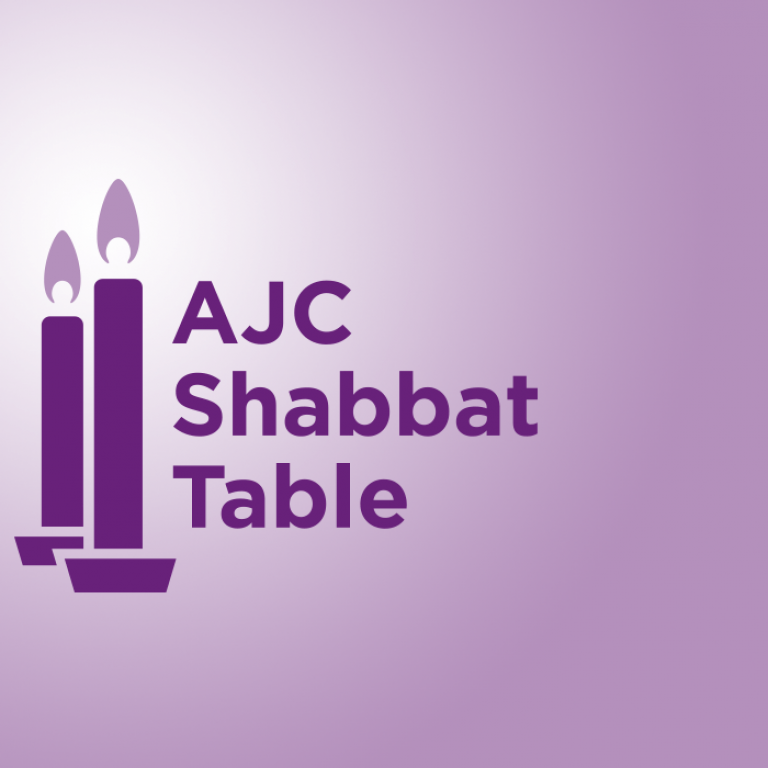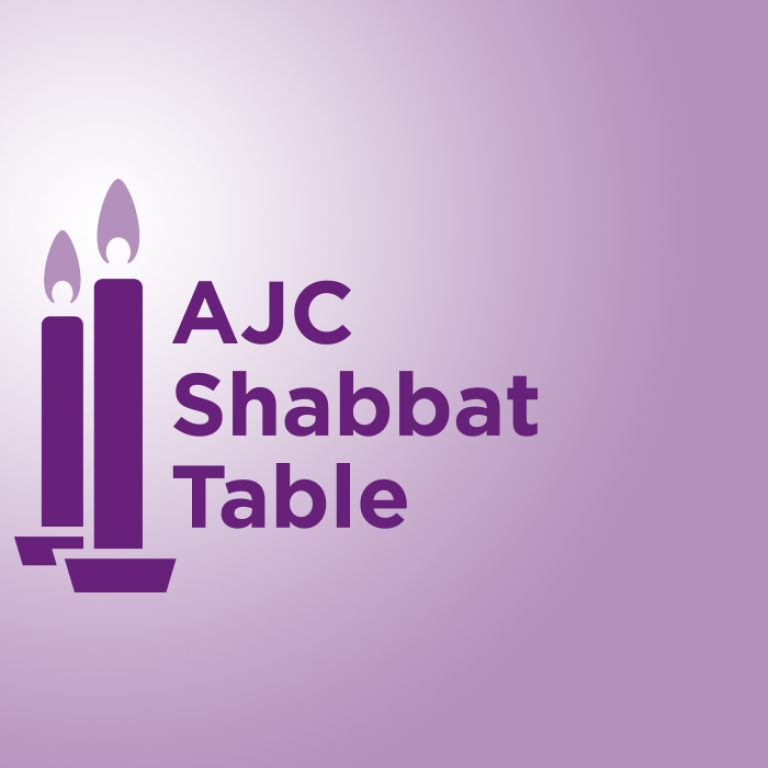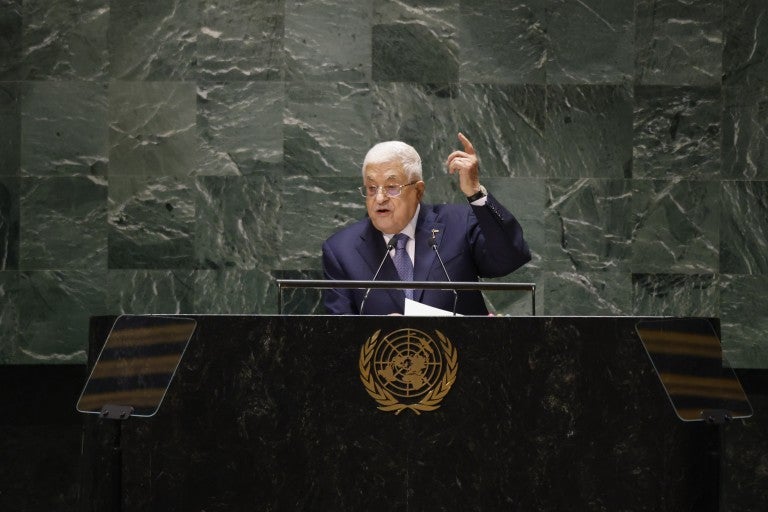February 26, 2021
This Shabbat: Purim Meshulash - The Three-Part Purim!
The Jewish holiday of Purim is celebrated in most of the world on Friday, February 26, but in memory of the walled city of Shushan where the Purim story took place, Purim is celebrated a day later in all walled cities - like Jerusalem, for example - and is known as Shushan Purim. This year, because Shushan Purim falls on Shabbat, Jerusalemites will be celebrating some aspects of Purim over Shabbat while retaining the bulk of the festivities for Sunday. Israelis call a year like this a “Purim Meshulash” - a three-part Purim. Some who live outside Jerusalem will be celebrating Purim in their hometowns and cities on Friday and then traveling to Jerusalem to get in another dose of fun on Shabbat and Sunday. Talk about making the fun last! While this year’s Purim Meshulash won’t look exactly like it would look in a normal year, hopefully as more and more Israelis receive their vaccines, Purim will feel like a step toward normalcy.
My favorite moment in the Megillah comes right after Mordechai discovers Haman’s plot to kill all the Jews. He sends a message to his niece Esther who is married to King Ahashverosh, begging Esther to intervene with her husband. Esther responds fearfully, telling Mordechai that everybody knows if you enter the king’s presence without having first been summoned, you are taking your life in your hands. In other words, “Sorry, Mordechai. The Jewish people may be in danger, but I just can’t risk it.”
Mordechai wasn’t having it. His response to Esther is perhaps the greatest rallying cry of all time. He writes, “Do not imagine that you, of all the Jews, will escape with your life by being in the king’s palace. On the contrary, if you keep silent in this crisis, relief and deliverance will come to the Jews from another source, while you and your father’s house will perish. And who knows, perhaps you attained your royal position for just such a crisis.”
In other words, Mordechai says to his niece: you might be the queen, but you cannot escape your fate as a Jew, neither can you escape your responsibility for your people. This is your moment to shine, Esther. The power to save your people is in your hands. Will you rise to the challenge?
The very next verse depicts a completely different Esther. No longer fearful and filled with excuses, she has become a woman on a mission. “Go,” she tells Mordechai, “assemble the Jews of Shushan and tell them to fast on my behalf for three days. I will fast too. Then I will go to the king, though it is against the law; and if I die, I die!” With that statement, Esther becomes a leader. She unites the Jews of Shushan behind her and she assumes the risk of going to the king. And, she is successful; the Jewish people are saved.
How do we account for Esther’s sudden transformation from a scared young queen to a warrior for her people? I would like to argue that Esther realized she was not alone, that she was part of a bigger story, the story of the Jewish People. That understanding gave her the courage to lean on her fellow Jews for support and to face her fears about her own personal safety. The famous Holocaust survivor and psychiatrist Viktor Frankl once wrote, "He who has a why can bear any how." Esther found her why, and once she had it, she was unstoppable.
This Purim, let us draw on the legacy of Esther and see ourselves as part of the larger story of the Jewish people. Imagine what we can achieve together.
For Shabbat Table Discussion:
- God usually plays a significant role in Biblical stories of Jewish salvation, but God’s name does not appear anywhere in the Book of Esther. How should we interpret the absence of God from this story of Jewish salvation? What can we learn about the role that human beings play in bringing about change in the world?
- What was it about Mordechai’s words that so changed Esther’s mindset? What lessons might we learn from Mordechai about how to motivate others to stand up for their beliefs and work for change?
- What is your Esther moment? Has there been a time in your life when something has changed your perspective and allowed you to believe that you had the power to make change?
This Week in Jewish History
February 16, 1825 - The Maryland “Jew Bill” Becomes Law
We like to think that America always gave Jews equal rights, but that isn’t exactly true. During the colonial period, it was quite common for colonies to have laws on the books that required oaths attesting to one’s adherence to Christian faith in order to hold public office, certain jobs, and sometimes even just to vote. Once America declared its independence and ratified the Constitution, such oaths were forbidden under federal law, but a few states held onto their discriminatory laws for years and even decades after independence. One of those states was Maryland, which required “a declaration of belief in the Christian religion” in order to hold “any office of trust or profit.” One of the first Jewish settlers in Baltimore, Solomon Etting, petitioned the Maryland legislature to have the law changed in 1797 and in 1802, but to no avail. It took nearly 30 years, and the assistance of a supportive Irish Catholic lawmaker named Thomas Kennedy in order to get the law changed. The new law, called the “Jew Bill” finally passed in 1825. It stated that Jews did not have to declare their belief in Christian religion, but they still had to declare their belief in reward and punishment in the world to come. Of course, such laws are illegal today, but the story of the Jew Bill reminds us that equal rights and religious equality were not always handed to Jews on a silver platter in the United States, and that a coalition with honorable and supportive partners is one of the best ways to make change.
Shabbat Shalom and Happy Purim!
שבת שלום ופורים שמח!






